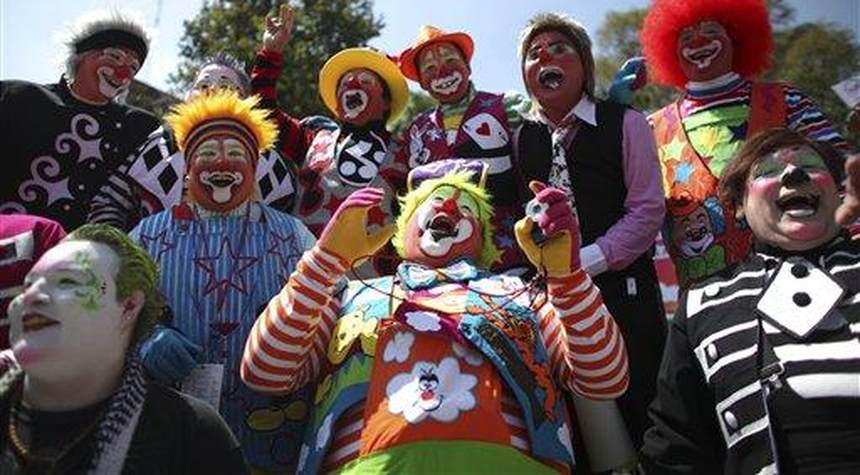Over my years of writing at RedState, I’ve seen some hilariously bad corrections from major outlets like The New York Times, but this latest one may take the cake. And we are only a few weeks removed from this absolute gem.
Behold, the former gold medal winner.
When it comes to politics, though, things can always get worse. And when it comes to a topic such as COVID-19, where fear begets power, you can bet “errors” will be made in the name of the narrative. A perfect example of this came via a Times correction today that can only be described as epic. Here’s how it read.
The original article is ostensibly a news write-up on the promotion of vaccines for children under 12 around the world. As you can see, the piece was full of false information, from far overstating COVID hospitalizations for children in the United States to misstating vaccination policies in Sweden. Obviously, the sheer amount of “mistakes” here is comical for a major newspaper. Do they not have editors over there? Or do the editors just not care as long as a certain perception goes forth? At what point do you just de-publish the piece and take the loss?
I think a bigger agenda is revealed here, though. Major news outlets are so desperate to promote a singular, positive point of view when it comes to vaccinations that they are throwing standards out the window. Massively inflating hospitalization numbers for kids is a way to push the narrative that the risks from COVID outweigh the risks from the vaccines for that age group. But we don’t actually have proof of that in regards to children, and certainly, more study is needed before we start injecting eight-year-olds who are not statistically at risk from COVID anyway.
At the end of the article, the writer frames the discussion as one dose vs. two doses, but the discussion should be whether kids need to be vaccinated at all. We already know that resistance in unvaccinated children to COVID and its complications outpaces vaccinated adults. But the hysteria is the point, and vaccination policies toward children, most recently in California, appear to be far more about making adults feel virtuous than actually tackling any real scientifically proven risk.
That is ultimately the agenda at play. Yes, the correction is funny, but it illustrates a far bigger problem within the field of science journalism. Namely, that it has become far too politically motivated instead of data-driven.

